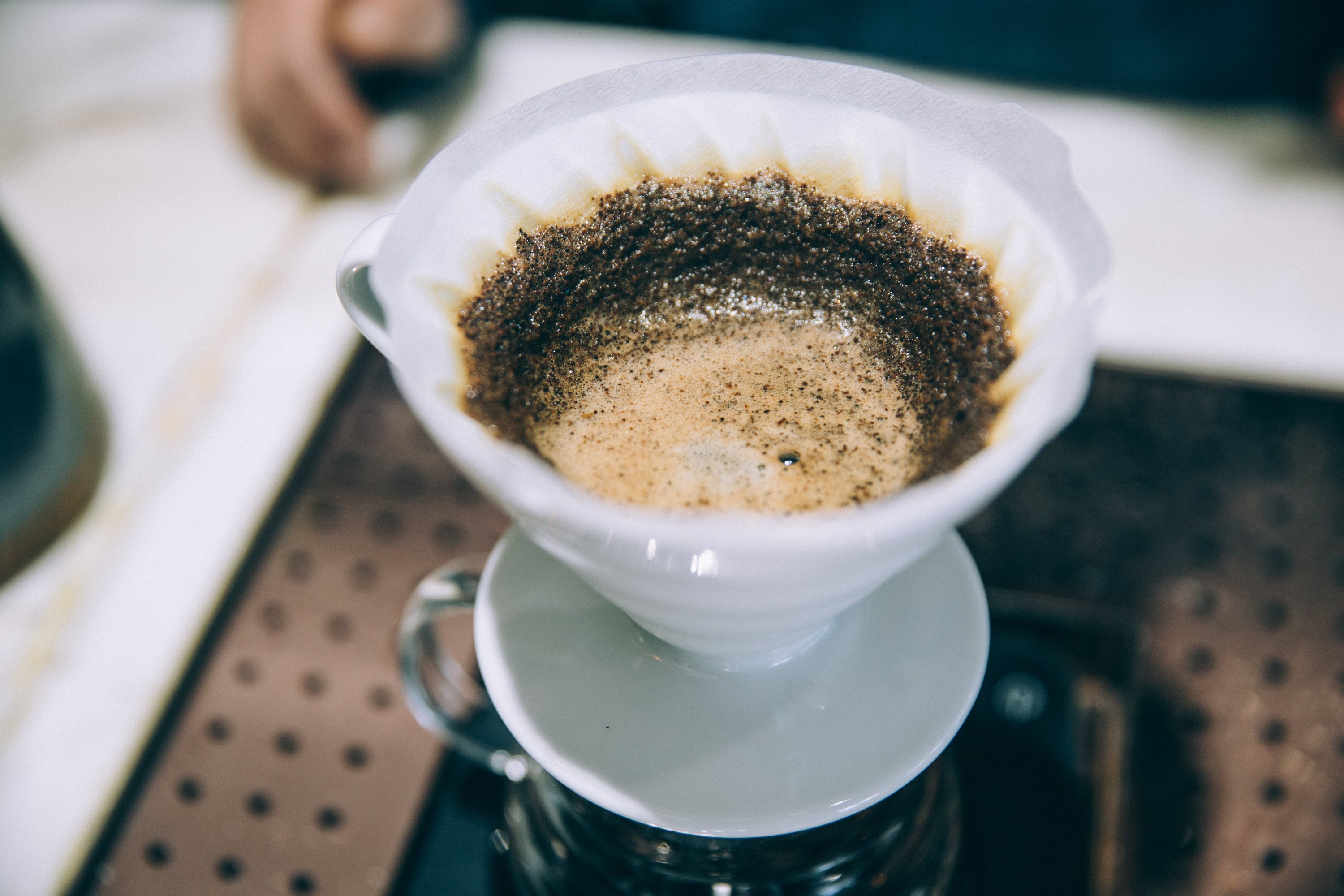
Coffee and Sleep - Understanding the Impact of Caffeine on Rest and Recovery
by Coffee Analytica Team
·
Coffee is a beloved beverage, integral to morning rituals and midday pick-me-ups worldwide. Yet, its interplay with sleep remains a complex topic, shaped by factors like circadian rhythm, body weight, stress, anxiety, genetics, and even conditions like restless leg syndrome and sleep apnea. In this blog, we’ll explore how caffeine interacts with the human body, offering insights into its impact on rest and practical ways to maintain balance.
How Caffeine Works in the Body
Caffeine, the active stimulant in coffee, temporarily blocks adenosine - a neurotransmitter responsible for promoting sleep - thereby delaying drowsiness and enhancing alertness.
- Absorption and Half-Life: Caffeine is rapidly absorbed, peaking within 30-60 minutes. Its half-life ranges between 3 to 7 hours, depending on individual metabolism, meaning its effects can linger well into the evening.
- Impact on Sleep: Drinking coffee too close to bedtime can disrupt your sleep cycle, reducing deep sleep duration and leaving you less refreshed.
Factors Influencing Coffee’s Impact on Sleep
1. Circadian Rhythm
The body’s internal clock regulates sleep and wake cycles. Coffee consumed late in the day disrupts this rhythm, delaying sleep onset. Morning coffee aligns better with natural energy peaks and dips.
2. Body Weight and Metabolism
Caffeine’s effects are influenced by metabolism and body weight. Faster metabolisms process caffeine efficiently, reducing its impact on sleep, while slower metabolisms may experience prolonged stimulation.
- Research suggests a correlation: higher body weight may slightly increase metabolism, altering caffeine’s effects.
3. Sleeping Position
Though less directly connected to caffeine, sleeping position can affect sleep quality. For instance, those with acid reflux might find that coffee worsens symptoms if consumed late and lying down shortly after. Sleeping on your left side may help alleviate such discomfort.
4. Stress and Anxiety
Caffeine can amplify feelings of restlessness in individuals prone to anxiety, making relaxation and sleep more difficult. Adding milk to coffee may provide calming effects, offering an alternative for evening coffee drinkers.
5. Genetics
Genetic variations, particularly in the CYP1A2 gene, determine how quickly individuals metabolize caffeine.
- “Fast metabolizers” feel minimal sleep disruption, while “slow metabolizers” are more affected. Research indicates this genetic variance occurs differently across demographics, with some populations inherently more caffeine-tolerant.
6. Exercise
Regular exercise improves sleep quality but consuming coffee too close to a workout may elevate heart rate, delaying relaxation. Morning coffee followed by midday exercise creates an optimal balance, enhancing metabolism and reducing caffeine's evening impact.
7. Restless Leg Syndrome (RLS)
Caffeine may exacerbate RLS symptoms, including uncomfortable leg sensations and involuntary movements at night. Those with RLS should limit coffee intake, particularly in the evening.
8. Insomnia
For individuals with insomnia, even small caffeine amounts can prolong wakefulness. Decaffeinated coffee offers a great alternative, with modern methods ensuring flavour retention.
- Common decaffeination methods include the Swiss Water Process and CO2 Extraction.
9. Sleep Apnea
While caffeine can temporarily boost alertness in those with sleep apnea, excessive intake may worsen sleep disruptions. Proper medical treatment, not coffee, is essential for managing this condition.
How Much Coffee Is Too Much?
The right amount of coffee varies by individual, but these general guidelines can help:
-
Moderate Intake: Up to 400 mg of caffeine daily (approximately 4 cups of coffee) is considered safe. For example:
- Single Espresso: ~63 mg
- Double Shot Latte: ~125 mg
- Cut-Off Time: Avoid drinking coffee 6-8 hours before bedtime to reduce sleep disruption.
- Body Signals: Monitor signs like heart rate elevation or restlessness and adjust consumption accordingly.
Balancing Coffee Intake for Better Sleep
1. Time Your Coffee Wisely
- Stick to morning coffee to align with your circadian rhythm.
- Avoid caffeine after 2 p.m. to minimize its effects on sleep.
2. Opt for Decaf
Decaffeinated coffee maintains the ritual and flavour without disrupting rest.
3. Explore Alternatives
Consider herbal teas like chamomile or peppermint, known for their relaxation benefits.
4. Combine with a Sleep-Friendly Lifestyle
- Stick to a consistent sleep schedule.
- Optimize your bedroom: keep it cool, dark, and quiet for better rest.
- Practice relaxation techniques, like meditation or deep breathing, to wind down.
Conclusion: Coffee and Sleep Can Coexist
Coffee and sleep don’t have to be adversaries. By understanding caffeine’s impact on the body and tailoring your habits - whether through timing, quantity, or alternatives - you can enjoy coffee without sacrificing rest.
Whether you’re a night owl sipping an evening brew or an early riser cherishing a morning ritual, balance is key. Let coffee fuel your day while respecting the night’s call for rejuvenation.